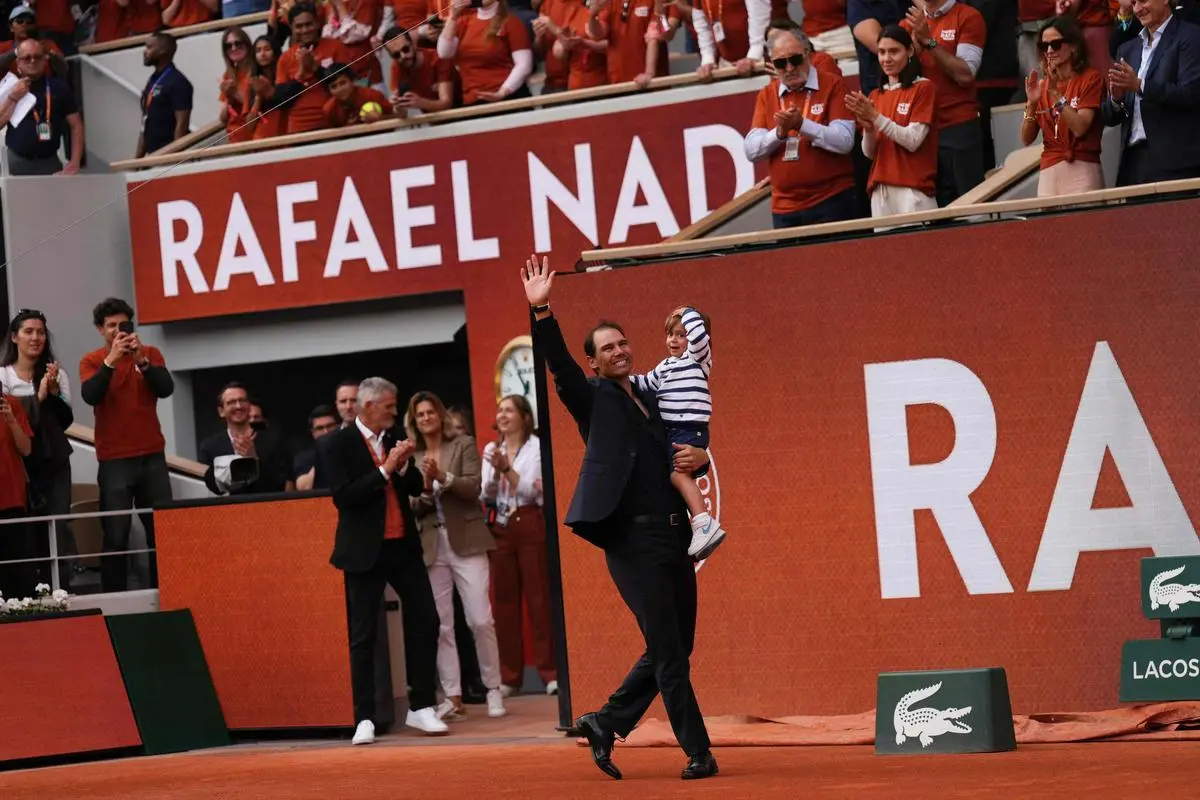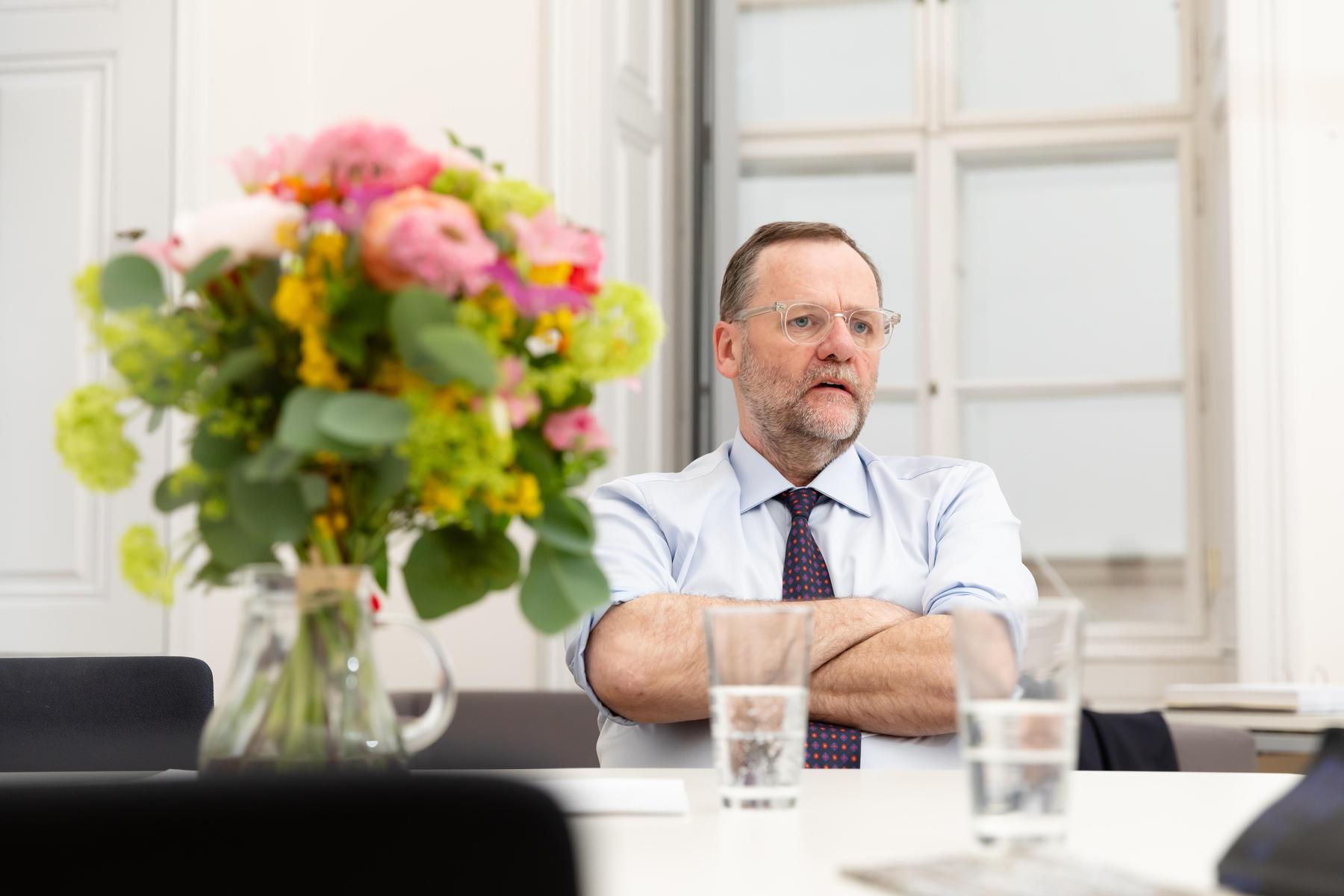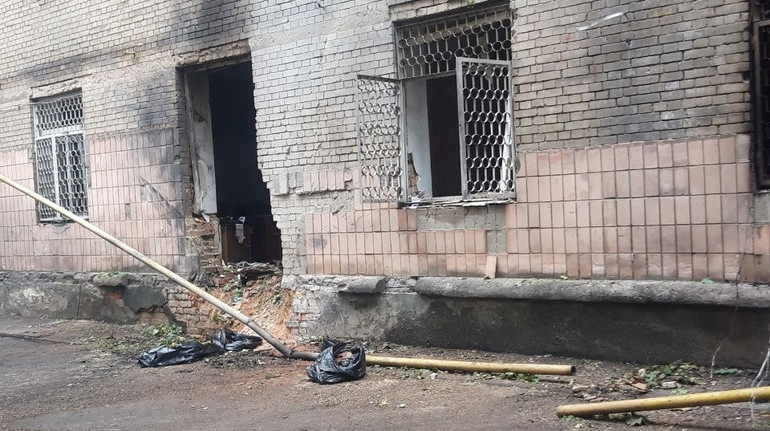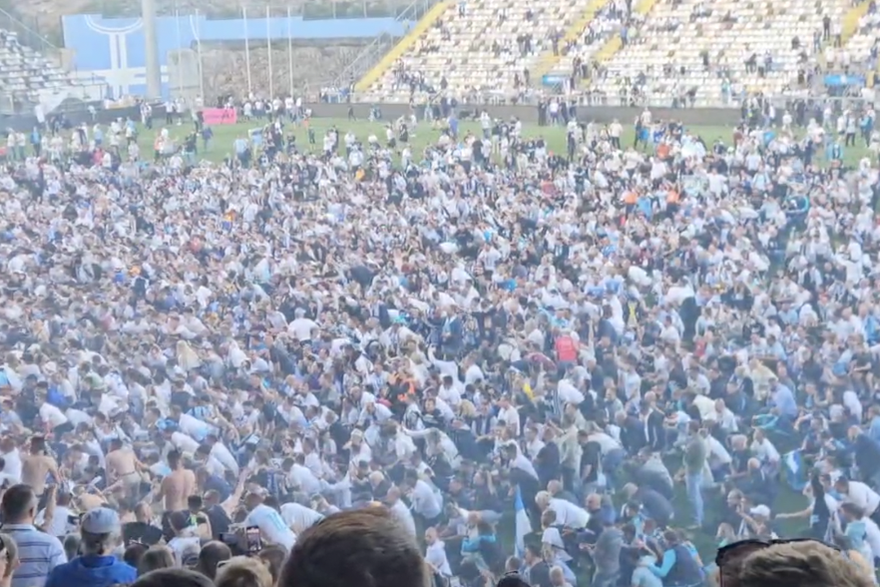Two models for the Balkans – Diepresse.com
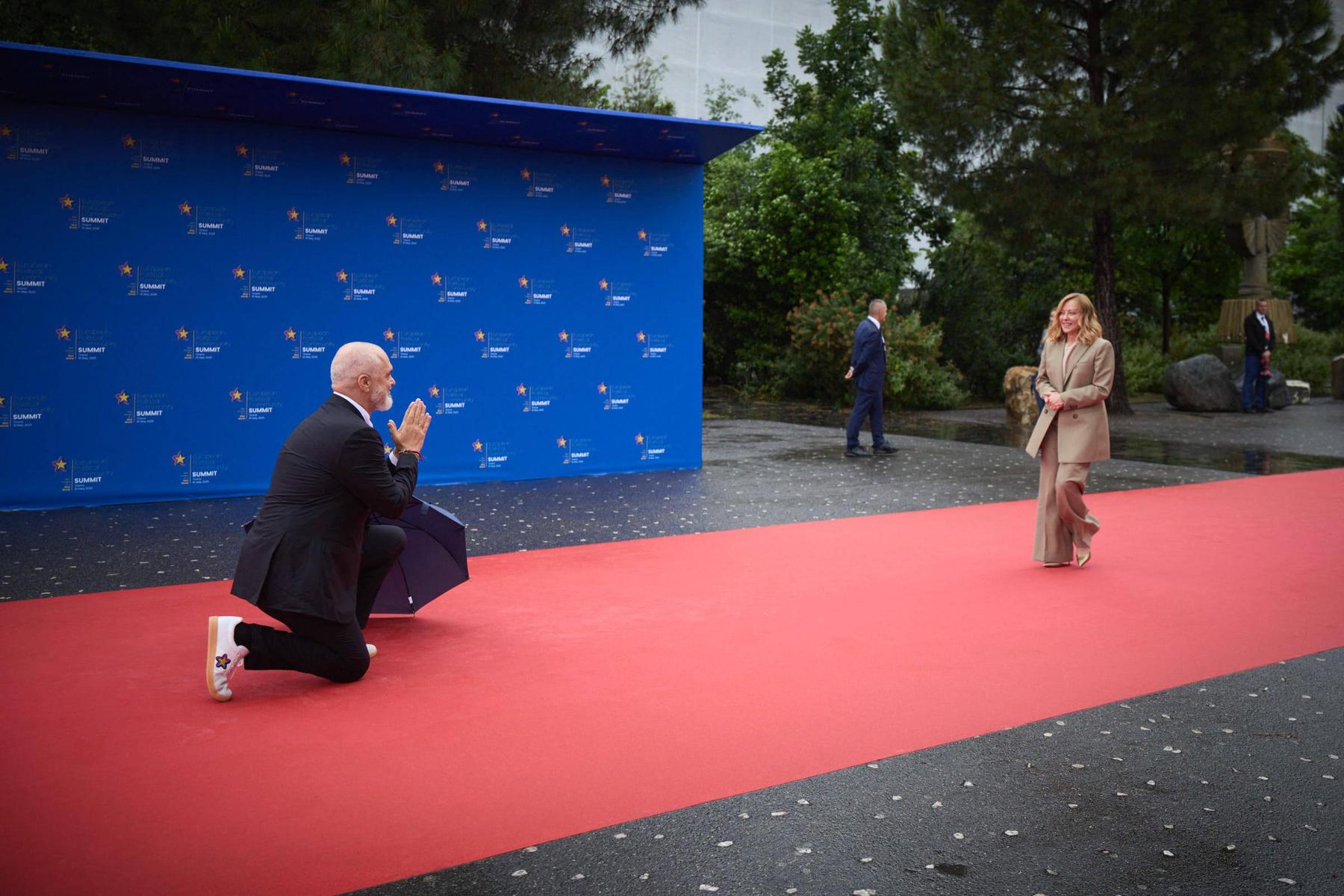
Albania’s president has recognized that his country only has a future in the EU. His Serbian counterpart, on the other hand, makes it clear that his compass shows in the past. The Union must draw the right conclusions from it.
You don’t have to go to your knees in front of Giorgia Meloni. But if it serves the well -being of his nation, Edi Rama repeats this gesture without a mess. At the summit of the European Political Community in Tirana ten days ago, Albania’s President welcomed the Italian Prime Minister in this theatrical way. Already in January the former basketball player in Abu Dhabi was in front of Meloni.
This can be dismissed as a protocol bizarre. But behind the self -staging of the Albanian head of state there is a clear calculation. Rama wants to unmistakably remind the EU representatives on every occasion what his goal is – and what they promised to him: namely the accession of Albania to the Union.
Therefore the knee cases in front of Meloni. Or the star logo of the European political community, which he wore on his white sneakers at the summit in Tirana. Or the ambiguous gags that he carefully shakes out of his sleeve at almost every international press conference.
In addition to such show elements, Rama also makes strategic decisions. The willingness to allow Italy to build and operate closed deportation bearers was certainly not easy to achieve in terms of domestic policy. However, he has built up enormous political capital among the Europeans who are desperately looking for willing third countries to outsource at least part of the problem with their irregular immigration. In addition, it is no coincidence that after Natolin near Warsaw, the second external campus of the Union, the Collège d’eurepher, was opened in Tirana.
Rama has recognized that he can become a key political player in the EU. Incidentally, this lies a paradox of the Union, for which its enemies are blind: as a small country, the club of the EU has much more weight on the world stage than outside. This applies, only to name two very different examples, for a pro-European Luxembourg like Jean-Claude Juncker as well as for the EU enemy in his own bed, Hungary Viktor Orbán. Only his veto law in the club of 27 gives him this political meaning. Or does someone seriously believe that the admissions of a Hungarian prime minister ended up in the world press almost every day, wouldn’t Hungary be in the EU?
Aleksandar Vučić positions himself very differently than Rama. The Serbian president is too clear that he sees his relationship with the Union purely opportunistic. The former Minister of Propaganda of the Genocidal War Criminal Slobodan Milošević knows that the state reforms that would require Serbian EU accession would mean the end of his power (and perhaps also of his personal freedom).
That is why he pretends to see his country in the EU, while the media controlled by him run the worst anti-EU agitation and travels to Moscow for a different kind. The months of student demonstrations against his regime are a glimmer of hope for everyone who lies something on a prospering Serbia. It is a shame that the top of the EU lacks the courage to openly support these young people.
Rama or Vučić? The two most powerful politicians on the Western Balkans offer clearly distinguishable models for the future of this region. The victory of that about this should be operated with greater determination by the bosses in Brussels and the National State Chancellery.
Emails to: oliver.grimm@diepresse.obstaclecom


